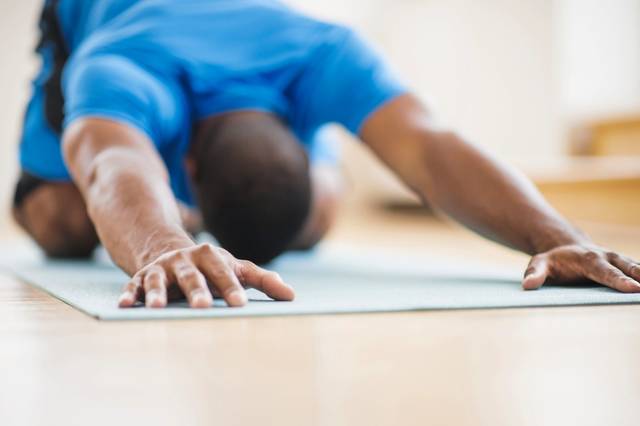We live in a time where you could break the bank by seeking treatment for mental health. Astronomical costs of therapy deter people from seeking necessary care. Insurance companies may cover some cost, yet oftentimes not enough. Many will only cover your first several sessions before you are forced to pay out of pocket. Scraping together hundreds of dollars for a single therapy session may help, but is almost always insufficient without follow-up. So why bother?
We must not accept the notion that those with generous insurance and high salaries are the sole receivers of proper mental health treatment. The current system of treatment is inaccessible in the face of worsening mental health due to covid-19.
In June 2020, U.S. adults reported notably elevated adverse mental health conditions associated with the pandemic, with 40% reporting struggles with mental health or substance abuse. During the pandemic, children have been reported to have increased risk of anxiety and loneliness due to compulsive social media usage.
Now more than ever, we must work to reach the portion that struggles in the shadows. We must offer interventions that patients with limited access may learn to implement on their own, and perhaps can be effective in just a single session of therapy.
Integrative techniques that emphasize yoga, meditation and mindfulness serve as “do-it-yourself” styles of therapy. Yoga and meditation are scientifically shown to be beneficial in treating stress responses to disorders like anxiety and depression.
The psychotherapeutic potential of yoga and meditation has also been demonstrated in substance abuse recovery. A study investigated the benefit of mindfulness-based yogic breathing among smokers in an abstinent period. Results indicated that mindfulness-breathing reduced smoking behavior by more than two-fold and reduced short-term cravings. More importantly, the smokers, after being taught the breathing techniques, were implementing them on their own. Not only was the treatment effective, but it was cost-free.
Mental health treatment need not be expensive if it can be done efficiently. Much research today focuses on the positive effects of single-session interventions in making youth psychological services more accessible. Some studies have reported improvements in adolescent anxiety and depression through single-session computer programs and virtual-reality interventions. A single, relatively small expense, a fraction of what long-term psychological treatment costs, can allow for impactful treatment.
The pandemic has caused widespread collateral damage to mental health that cannot be ignored. Mental health is worsening by the day due to stress and fear associated with the virus. Single-session therapies and integrative treatments offer promising pathways to aiding the entirety of the population through this trying period. Time is of the essence, and we must work toward bringing these options to life.
Laura Charos is a recent Bucknell University graduate pursuing a doctorate in clinical psychology.








